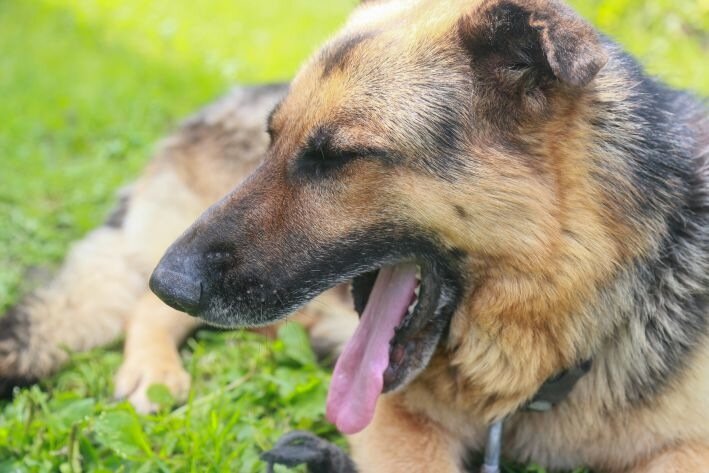Why Do Cats and Dogs Yawn in the Presence of Their Owners: Different Pets – Different Reasons
In humans, this behavior is associated with a low level of culture or fatigue, and pets yawn in the presence of their owner for other reasons.
Cats have different reasons for this, while dogs have different ones, and therefore, different conclusions can be made about the pet’s mood.
Experts have explained why cats and dogs yawn in the presence of their owners.
Cat
If a cat comes to its owner or, having settled down next to him, yawns frequently and with pleasure, then we can confidently say that the pet is in a great mood.
This is how completely relaxed cats behave. This means that your cat is happy with everything and there is no reason to worry.

Dog
But with dogs it's different. Frequent yawning in the presence of a person indicates stress.
This is how dogs behave when they feel threatened, in danger or uncomfortable. An example would be a veterinary examination.
A dog may begin to yawn in response to punishment or other actions of the owner that the dog perceives negatively.
A pet can yawn in response to caresses or attempts to hug it by its owner. The signal can be regarded as a response to a violation of the dog's space.
The general reason for yawning is physical, as a way to saturate the brain with oxygen.

